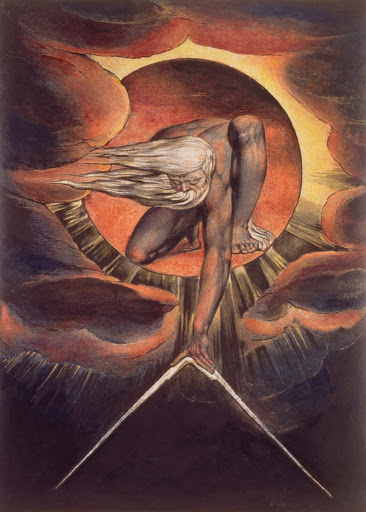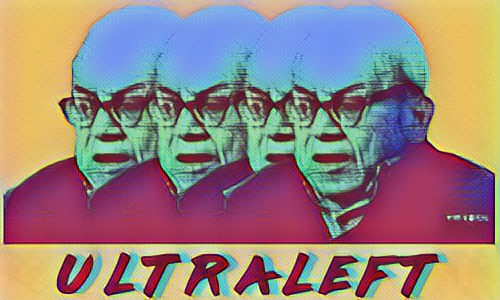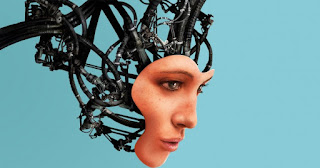God-builders
Epiphanes is the author of On Righteousness, a notable early Gnostic Christian literary work that promotes communist principles. A notable belief attributed to Epiphanes and described in On Righteousness was the idea of communal living or communism, including shared property and spouses. The text begins: "The righteousness of God is a kind of sharing along with equality." The idea of communal living may have come from Plato’s ideas inThe Republic.
Voegelin perceived similarities between ancient Gnosticism and modernist political theories, particularly Communism. He identified the root of the Gnostic impulse as alienation, that is, a sense of disconnection from society and a belief that this lack is the result of the inherent disorder, or even evil, of the world. According to Voegelin, the Gnostics really reject the Christian eschaton of the kingdom of God and replace it with a human form of salvation through esoteric ritual or practice.
The primary feature that characterizes a tendency as gnostic is that it is motivated by the notion that the world and humanity can be fundamentally transformed and perfected through the intervention of a chosen group of people an elite, a man-god, or men-Gods. The Übermensch is the chosen one who has a kind of special knowledge (like magic or science) about how to perfect human existence.
That stands in contrast to a notion of redemption that is achieved through the reconciliation of mankind with the divine. Marxism, therefore, qualifies as "gnostic" because it purports that the perfect society on earth can be established once capitalism has been overthrown by the proletariat.
But the underlying religiosity of communism is far deeper. One school of Bolshevik spirituality bore a striking resemblance to the Gnostic tradition. These were the first sketches of a mystical communism that encompassed spiritual traditions leading all the way back to the Bogomils and ancient Gnostics.
This Bolshevik mystery school was called “God-building” and its praxis was aimed at unifying the consciousness of individuals in a theurgical fashion. During the revolution of 1905, the God-builders sought nothing less than to transcend the spirit-matter dichotomy. Christian sacramentalists will understand the transcendence of that dichotomy as the essence of the Eucharist, while Marxists would call this alchemical operation the “union of opposites.”
The idea of “God-building” proposed that in place of the abolition of religion, there should be a meta-religious context in which religions were viewed primarily in terms of the psychological and social effect of ritual, myth, and symbolism which attempted to harness this force for pro-communist aims, both by creating new ritual and symbolism, and by re-interpreting existing ritual and symbolism in a socialist context.




Comments
Post a Comment